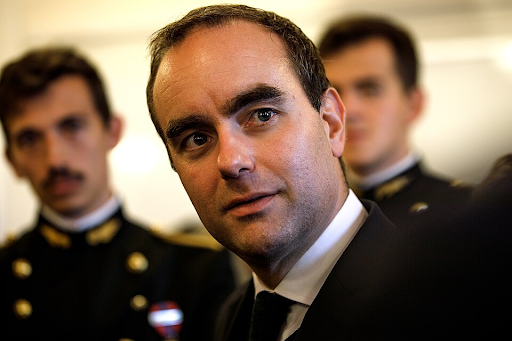It was the President’s unchanged tune that ultimately sank his Prime Minister. Sebastien Lecornu’s resignation is the direct result of a cabinet controversy sparked by a lineup that was “largely unchanged,” a decision that signaled to the nation that President Emmanuel Macron was unwilling to alter his political course despite widespread calls for a new approach.
In a politically divided France, the formation of a new government was seen as a critical opportunity to build bridges and signal a willingness to compromise. Stakeholders from across the political spectrum were watching to see if Macron would use the moment to pivot towards a more inclusive style of governance.
Instead, the cabinet list felt like more of the same. By populating his government with familiar faces, Macron sent a message of continuity, not change. This was interpreted by the opposition as a sign of stubbornness and a refusal to acknowledge the new political reality of a hung parliament. It was a tune they had heard before and were no longer willing to listen to.
The backlash was therefore not just against the individual ministers, but against the unchanged tune coming from the Elysee Palace. The opposition immediately seized on this, portraying the government as a puppet administration that would simply continue the President’s unpopular policies. This narrative stripped the new government of any independent credibility.
Lecornu was caught in the crossfire, a Prime Minister sunk by the perception that he was merely conducting the President’s old symphony. His resignation shows that without a new composition from Macron, any new conductor is doomed to fail before they can even raise their baton.
The President’s Unchanged Tune: Cabinet Controversy Sinks PM
10
